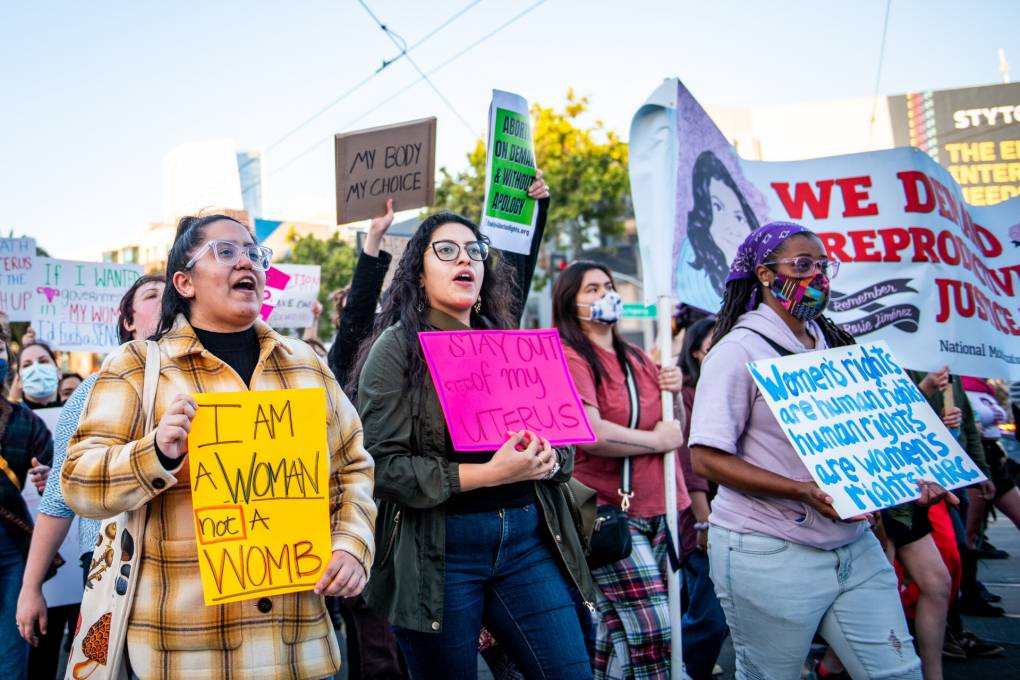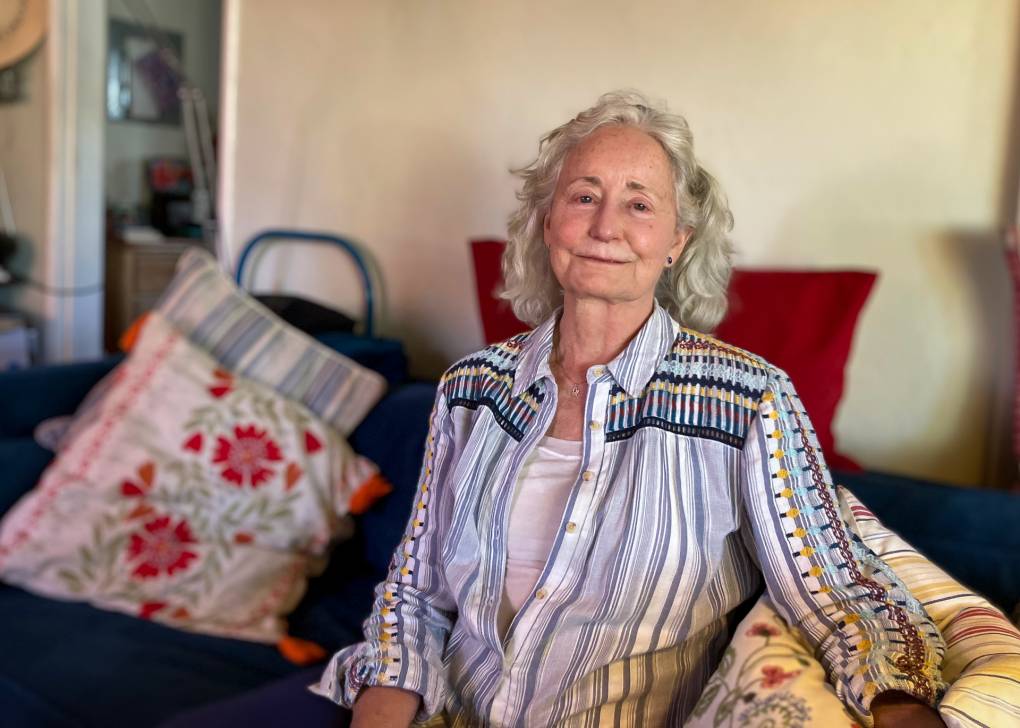If you live in a state that has severely restricted or eliminated access to abortion, you can find your nearest clinic through Power To Decide's abortion finder. Going to a clinic that provides abortions does not necessarily mean you will have an abortion, Dr. McDonald-Mosley says. You can make an appointment to confirm a pregnancy and discuss your options with a professional, including information about childcare services.
For a lot of people, traveling out of state to an abortion clinic is prohibitively expensive. The Women's Reproductive Rights Assistance Project (WRRAP) or the I Need a Database can show you clinics in your area and link you to local organizations that can help with funding.
If you can't travel to a clinic or prefer to manage your own abortion, you can get care online through aidaccess.org. The site provides online consultations for abortions and medication from overseas.
"Those pills are the exact same medication as we provide in our clinic," says Robin Marty, the operations director at the West Alabama Women's Center. Like with any medication, there can be health risks with getting medication online – and Marty cautions that depending on where you live, there may be legal repercussions involved in seeking abortion pills or inducing an abortion at home.
Be sure to look up your state's laws about managing your own abortion before you make your decision. There are numerous resources online that explain each state's laws regarding abortion restrictions there.
Seek professional medical care from a local clinic, your doctor or a local urgent care if you experience prolonged bleeding or other complications after taking medication to manage an abortion.
Complications from a medical abortion look very much like a miscarriage, says Dr. McDonald-Mosley. "So someone can potentially present to an emergency room or to their provider and say, 'I'm having cramping and bleeding and I had a positive pregnancy test,' and receive the care that they need without having to reveal that they have taken abortion medications."
If you're planning to get pregnant, talk to your provider early about your options, in case of complications
Sometimes, even planned pregnancies end in abortion due to complications that can pose a risk to the pregnant person, or a fetal anomaly that will result in the baby's death.
The legal implications are even less clear in these circumstances now that Roe v. Wade is overturned.
That's why Dr. White says that people who are planning to get pregnant should have conversations with their doctors about what might happen if there is a reason to terminate the pregnancy.
"I would tell people who are pregnant, please enjoy your pregnancy, but don't do it by yourself," Dr. White says. She implores people to seek care for their pregnancy early – it's the best way to monitor the health of the parent and baby, and detect complications early.
"It is more important than ever to have a good sense of what it is that you want in terms of pregnancy," Dr. White says. "Find a doctor or a midwife or a clinical person who you can partner with, who you feel comfortable being open and honest with about everything and ... who will be open and honest with you about what's going to be possible."
Whatever your options, there are people who are willing to help. "There are legions of doctors and health care professionals who are getting ready for what is happening," says Dr. White. "We are going to be working really hard to put systems in place that everybody can still get the care that they need."




9(MDAxOTAwOTE4MDEyMTkxMDAzNjczZDljZA004))